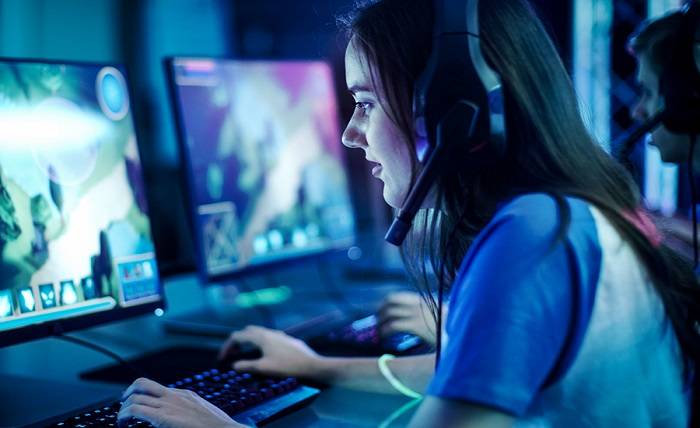Gaming is a popular pastime that has been enjoyed by people of all ages for decades at sites like bjorkspain. While gaming can be a fun way to unwind and relax, it can also have both positive and negative effects on mental health. In this article, we will explore the positive and negative effects of gaming on mental health and how to balance them.
The Positive Effects of Gaming on Mental Health
Gaming can have several positive effects on mental health. It can be a great stress reliever and a way to escape from the pressures of everyday life. When playing games, the brain releases dopamine, a chemical that is associated with pleasure and reward. This can lead to a sense of satisfaction and happiness.
Gaming can also improve cognitive function, as we discussed in the previous article. Puzzle games, strategy games, and action games have all been shown to improve cognitive function in different ways. By providing a stimulating and engaging environment, gaming can help improve attention, working memory, spatial reasoning, decision-making, and more.
Finally, gaming can provide a social outlet for individuals who may have difficulty socializing in person. Online multiplayer games allow players to connect and communicate with others from around the world, which can help reduce feelings of isolation and loneliness.
The Negative Effects of Gaming on Mental Health
While gaming can have positive effects on mental health, it can also have negative effects if not used in moderation. One of the most commonly cited negative effects is addiction. Gaming addiction, also known as gaming disorder, is a real and recognized condition that can have negative effects on mental and physical health.
Excessive gaming can also lead to poor sleep habits, which can have negative effects on mental health. Studies have shown that poor sleep quality is linked to depression, anxiety, and other mental health disorders.
Finally, gaming can lead to social isolation if not balanced with other activities. Spending too much time gaming can lead to a lack of socialization and difficulty building and maintaining relationships.
Balancing Positive and Negative Effects of Gaming on Mental Health
To balance the positive and negative effects of gaming on mental health, it’s important to use gaming in moderation. Setting limits on gaming time and ensuring that it doesn’t interfere with other important activities, such as work, school, and socializing, can help prevent addiction and social isolation.
In addition, it’s important to engage in other activities that can have positive effects on mental health, such as exercise, socializing, and creative hobbies. These activities can help promote a balanced and healthy lifestyle.
Finally, it’s important to recognize when gaming is becoming a problem and seek help if needed. If gaming is interfering with daily life, causing distress or harm, or leading to addiction, seeking help from a mental health professional can be beneficial.
Conclusion
Gaming can have both positive and negative effects on mental health. While gaming can be a great stress reliever with games like skotizo guide osrs and a way to improve cognitive function, it can also lead to addiction, poor sleep habits, and social isolation if not used in moderation. By balancing gaming with other activities and seeking help if needed, individuals can ensure that gaming has a positive impact on their mental health.









